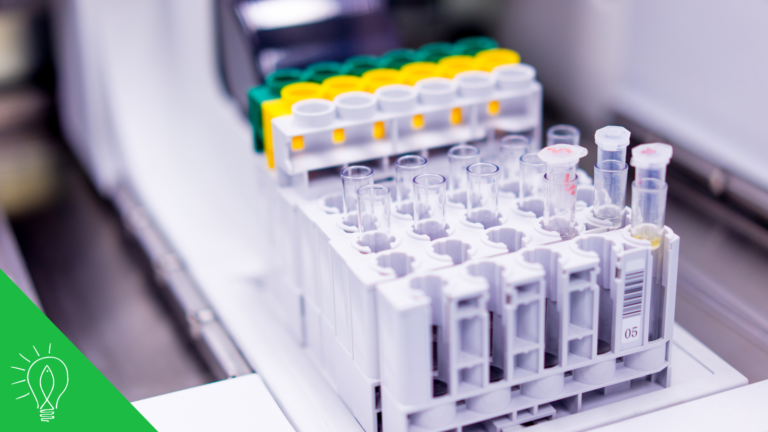

This project aims to develop and optimise four promising immune markers assays, increasing availability of immunology biomarkers for fish health and diagnostic screening purposes.
£247,868
18 months

This R&D project shall focus on the development of Atlantic salmon specific turbidimetric assays for use on hight throughput automated instrumentation through both desktop and laboratory investigation. Abnormalities in fish health due to a large range of pathogens and physiological anomalies are identifiable using biomarkers. Despite the huge economic value of the global aquaculture sector, very few useful immunology-based assays are currently available for fish health and diagnostic screening purposes with the specificity and sensitivity to detect pathogens or physiological anomalies at an early stage, facilitating early intervention and treatment.
The SIF feasibility study has previously identified four potential immune markers of Atlantic salmon (Salmo salar), with particular focus on the immunological response to the four most common pathogens occurring in the Scottish salmon industry. These biomarkers have been developed in plate-based ELISA format and tested using health challenge and experimentally infected Atlantic Salmon serum. Ultimately, we aim to transfer these existing biomarker assays to the Roche Cobas turbidimetric immunoassay platform to differentiate specific pathogens based on the reaction of a suite of immunology biomarkers and shall separate out the infection-based responses from other potential stressors such as handling, nutrition and environmental factors.
The project outputs include: (1) Development of immunoassay design for each of the four immune markers assays; (2) Assay optimisation with the aim of demonstrating acceptable assay performance and the basic reproducibility; (3) Assay validation using a performance verification programme across different automated instruments using health challenged and experimentally infected Atlantic salmon serum.
University of the West of Scotland